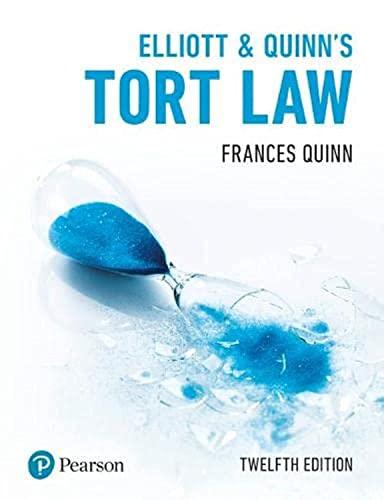
SANTA FE INDEPENDENT SCHOOL DISTRICT v. DOE, 120 S.Ct. 2266 (2000) (Shortened and simplified from original) A Santa Fe High School student who occupied the school's elective ofce of student council "chaplain" delivered a prayer over the public address system before each varsity football game for the entire season. This practice, along with others, was challenged by other students in the lower court as a violation of the Establishment Clause of the First. - mendment. It has been appealed to this court. the United States Supreme Court. (1) The Santa Fe Independent School District (District) is a political subdivision of the State of Texas, [a government entity] responsible for the education of more than 4,000 students in a small community in the southern part of the State. "[TJhe district's high school students selected a student "to deliver the prayer at varsity football games." (2) The rst clause in the First. Amendment to the Federal Constitution provides that "Congress shall make no law respecting an establishment of religion, or prohibiting the free exercise thereof." The Fourteenth Amendment to the US Constitution adopted after the Civil War, imposes those same limitations on the legislative power of the States and their political subdivisions such as the school district involved here. (3) These invocations are authorized by a government policy and take place on government property at government-sponsored school-related events.... Santa Fe's student election system ensures that only those messages deemed \"appropriate" under the District's policy may be delivered. Even if we regard every high school student's decision to attend a home football game as purely voluntary, we are nevertheless persuaded that the delivery of a pregame prayer has the improper effect of coercing those present to participate in an act of religious worship. The constitutional command will not permit the District "to exact religious conformity from a student as the price" of joining her classmates at a varsity football game... WkOl.Constitutional.Prayer. Same passage as above. What is the value issue raised in the argument








